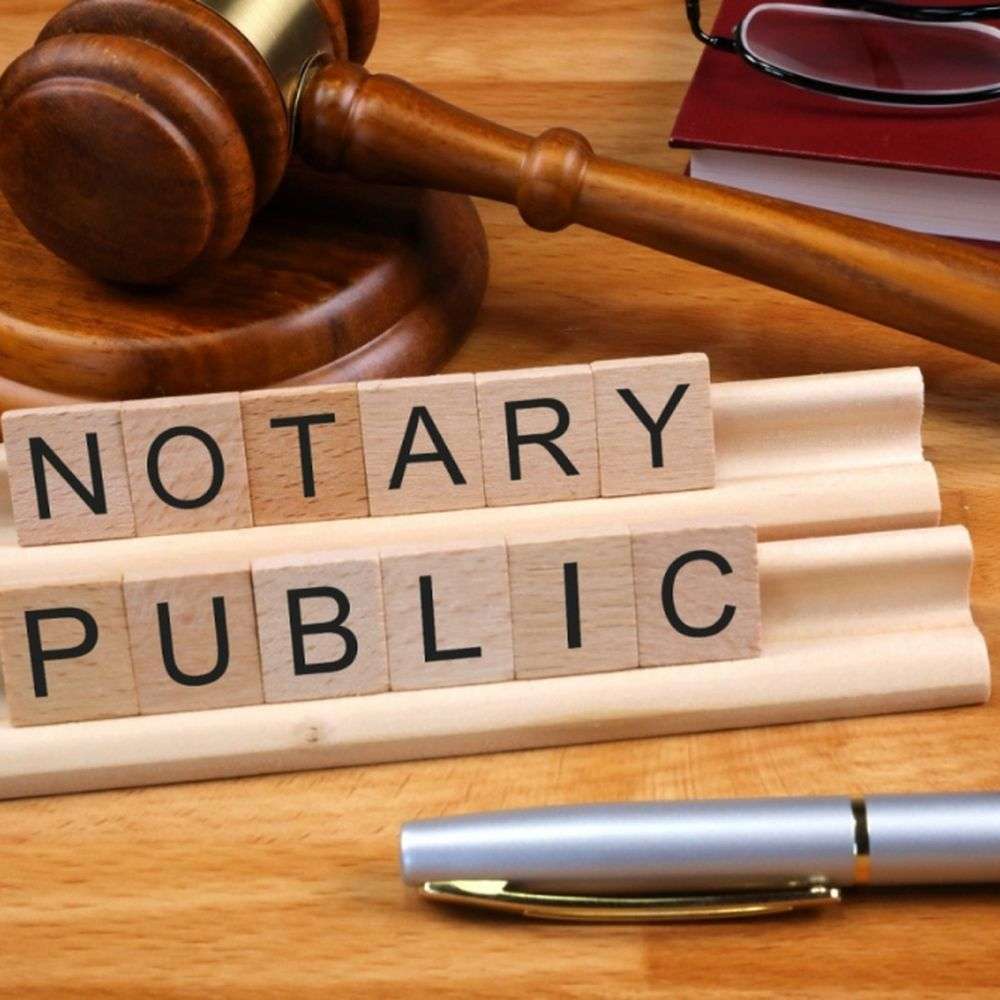In legal and financial transactions, maintaining confidentiality is essential. When sensitive documents need certification, many individuals rely on notaries for their services. In Minnesota (MN), notaries are vital in validating a range of documents. Given their crucial role in handling confidential information, it's important to examine the trustworthiness of MN notary by exploring their responsibilities, regulations, and the measures in place to ensure the protection of sensitive data.
The Role of MN notary
Before we dive into the question of trustworthiness, it's essential to understand what a notary public does. In Minnesota, a notary public is an individual authorized by the state to perform notarial acts. These acts typically involve:

Witnessing Signatures:
Notaries verify the identity of individuals signing documents, ensuring that the signatures are made willingly and under no duress.
Administering Oaths:
Notaries can administer oaths and affirmations to individuals, which is often required for legal affidavits and sworn statements.
Certifying Copies:
They can certify that copies of documents are true and correct copies of the originals.
Acknowledgments:
Notaries certify that the signer of a document has acknowledged that they understand the document and its implications.
These functions are integral in various scenarios, including real estate transactions, legal documents, and financial agreements.
MN Notary Regulations and Requirements
In Minnesota, the trust placed in notaries is safeguarded by stringent regulations. Here’s a closer look at the regulatory framework:
State Requirements
To become a notary public in Minnesota, candidates must meet specific requirements:
Age and Residency:
Applicants must be at least 18 years old and a resident of Minnesota.
Application Process:
Prospective notaries must complete an application, which includes a background check.
Training and Examination:
While formal training isn’t always mandatory, notaries are strongly encouraged to understand the rules and practices of notarization.
Bonding and Insurance:
Notaries are required to obtain a surety bond, which provides financial protection in case of errors or omissions in their duties.
Code of Ethics
Minnesota notaries are bound by a code of ethics and state laws designed to prevent abuse of the notarial process. These include:
Impartiality:
Notaries must remain impartial and cannot act if they have a personal interest in the document being notarized.
Confidentiality:
Notaries are required to keep the details of the notarial act confidential and secure.
Record-Keeping
Minnesota notaries are required to keep a record of their notarial acts. This record, often called a journal, includes details such as the date of the act, the type of document, and the names of the signers. This helps ensure accountability and provides a trail of evidence in case of disputes.
The Trustworthiness of MN notary
With the regulatory framework in place, MN notary are generally considered trustworthy. However, as with any profession, there are variations in the level of diligence and integrity among practitioners. To better understand the reliability of MN notary, let’s explore some factors:
Training and Experience
The competence of a notary can vary based on their training and experience. While formal training isn't always required, experienced notaries are more likely to have a thorough understanding of the legal and ethical requirements. Those who engage in ongoing education and stay updated with changes in laws and procedures are more reliable.
Reputation and Reviews
One practical approach to assessing the trustworthiness of a notary is to review their reputation. Many notaries build their reputation through consistent, ethical service. Online reviews and testimonials can provide insights into their reliability.
Ethical Standards
Adherence to ethical standards is a significant indicator of trustworthiness. MN notary must adhere to a code of ethics that requires them to act impartially and maintain confidentiality. A notary’s commitment to these principles can usually be gauged through their professional conduct and client feedback.
Regulatory Oversight
The Minnesota Secretary of State oversees the notarial process and enforces regulations. This oversight includes handling complaints and disciplinary actions against notaries who violate regulations. This system helps ensure that notaries maintain high standards of practice.
Addressing Confidentiality Concerns
While MN notary are generally trustworthy, there are specific practices and safeguards to address confidentiality concerns:
Secure Record-Keeping
Maintaining a secure record of notarial acts is crucial for protecting confidential information. Notaries are advised to keep their journals in a safe place and ensure that access is restricted to authorized individuals.
Data Protection Measures
Modern notaries often use electronic notarization methods, which involve digital records and signatures. Ensuring that these digital systems are secure and that data is encrypted is essential for protecting confidential information.
Handling Sensitive Documents
For documents of exceptionally high sensitivity, such as those involving financial or personal data, additional precautions might be necessary. This could involve additional verification steps or using secure communication channels.
Best Mn notary services provider in Minnesota
Promark Mobile Notary stands out as a leading provider of notary services in Minnesota, offering exceptional convenience and reliability. Known for their commitment to customer satisfaction, Promark Mobile Notary ensures secure and efficient handling of all notarial needs. With a team of experienced professionals and a reputation for trustworthiness, they are a top choice for individuals and businesses requiring notarial services.
Convenience:
Mobile services that come to you, saving time and effort.
Reliability:
Consistent, high-quality service from experienced notaries.
Security:
Stringent measures to ensure the confidentiality and protection of sensitive documents.
Customer Focus:
Personalized service tailored to meet individual needs.
Professionalism:
Adherence to all regulatory and ethical standards in notarization.
Confidential MN notary
MN notary are generally trustworthy with confidential documents, thanks to a robust regulatory framework, ethical standards, and secure practices. While variations in practice do exist, the majority of MN notary adhere to high standards of confidentiality and professionalism. By understanding the role of notaries, their regulatory environment, and implementing best practices, you can confidently utilize their services for your confidential documentation needs.



